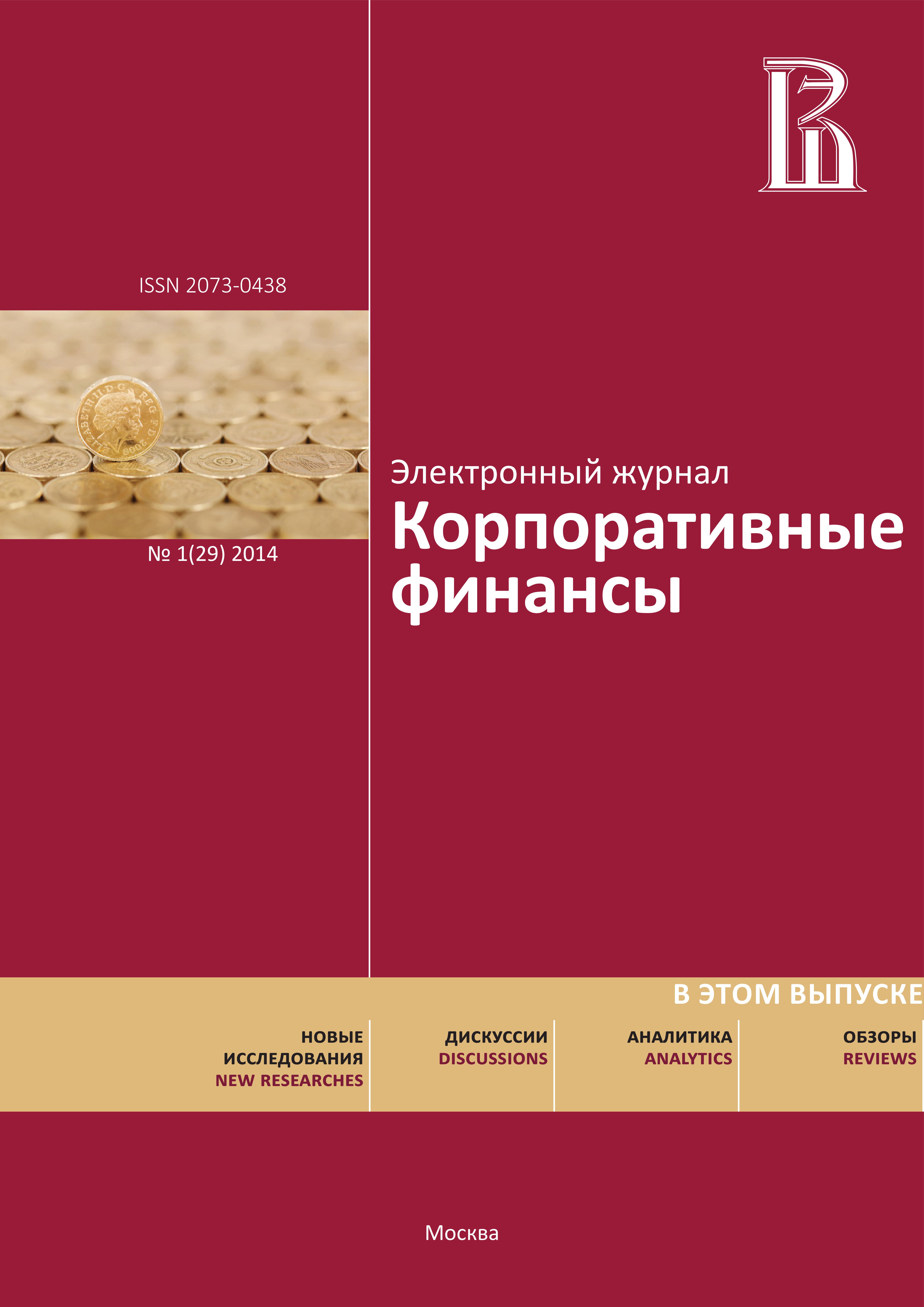Residual Control and Income Rights in the Corporation: Elaboration of Stakeholders Approach
Abstract
Authors: Dmitry Alexandrovich Pletnev pletnev@csu.ru
This paper suggests extension of the existing stakeholders corporation theory by means of wide use of residual income and control rights of the subjects. The necessity of recognition of corporation multi-subjectivity as a subject of scientific research has been justified. The evolution of stakeholders approach to corporation analysis was considered (on the basis of works of R.E. Freeman, T. Donaldson, L.E. Preston, C.C. Asher, J. M. Mahoney, J. T. Mahoney, J. E. Post, L. E. Preston, S. Sachs, J. Health, W. Norman, S. Morteza Ghayour B., M. Doaei, Tambovtsev V.L.), a conclusion about prospects, yet limitations of this approach was drawn. Achievement of an alternative conception – theory of corporate social responsibility – was analyzed (on the basis of works of H. Bowen, J. McGuire, S. Sethi, W.C. Frederick, E. Epstein, D.J. Wood, Y.E. Blagov). Here was formulated author’s vision of the corporation as a multi-subject system united not only by formal contracts, but also, to a large extent, by existing residual rights and desire of the subjects to implement of rights in the corporation. A hypothesis that presence of residual income and control rights via mechanism of conflict of interests eventually leads to the growth and development of the corporation itself has been suggested. Particular forms of realization of residual rights for main subjects of a Russian corporation – owners, managers, employees, investors, society, government, suppliers, consumers and competitors - were highlighted. Several cases of realization of residual income and control rights of the subjects that have a positive impact on the corporation were considered, the mechanism of creating the residual rights in the process of realization corporation marketing strategy was examined. It was concluded that due to the concept of residual control and income rights it is possible to synthesize the stakeholders theory and theory of corporate social responsibility, as well as to develop a unified approach to research of multi-subjectivity of a corporation. The necessity of such approach for the proper understanding of the internal corporation processes was justified. Also the problems of its implementation connected with the effect of the subjective factor were mentioned.

